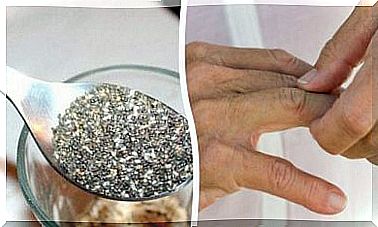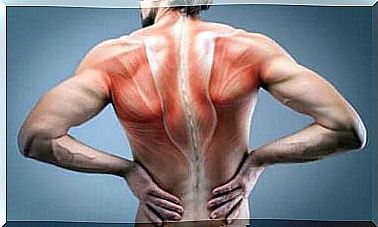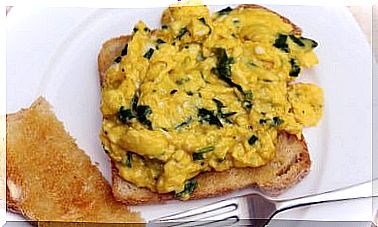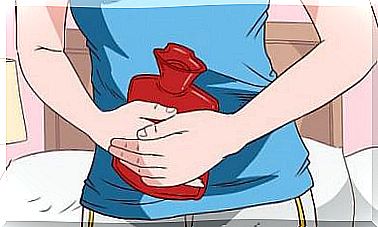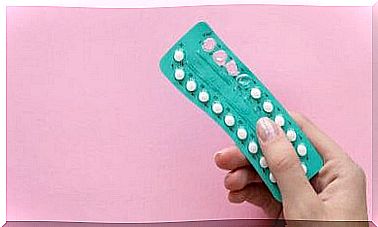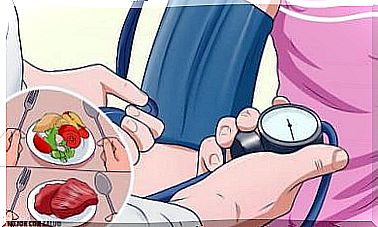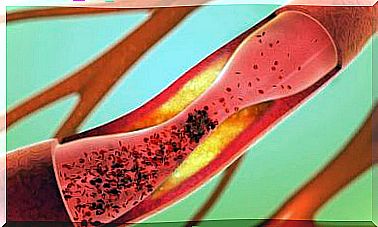Cystic Fibrosis: Nutrition And Diet

Proper diet and nutrition are important aspects of managing and treating cystic fibrosis. Why? We tell you more in this article.
Cystic fibrosis (CF) is a genetic disease that is chronic and degenerative. It mainly affects the lungs and digestive system. What causes CF? A gene mutation (defective gene) changes a protein in the body that affects mucus secretion and how cells transport chloride and sodium.
The pancreas is affected in some cases by cystic fibrosis, even to the point of the pancreas failing. This means that the pancreas is not able to excrete the enzymes the body uses to digest lipids (fats).
Therefore, diet and nutrition play a crucial role both in how the disease develops over time and in the patient’s quality of life. A good diet helps prevent deterioration of lung function and reduces the risk of infections.
Why are some patients with cystic fibrosis malnourished?
Malnutrition is a factor that affects morbidity and mortality, as well as negatively affects the patient’s quality of life. Why can CF cause malnutrition? This is due to an imbalance between the body’s energy needs and calorie consumption. This imbalance is determined by these three factors: Greater energy needs, lower calorie intake and greater energy loss.
- Energy consumption and metabolism. Your basic energy consumption increases. Lung disease along with infections and impaired lung function cause it to increase.
- Reduced calorie intake. In general, patients with CF are prone to complications that limit their ability to ingest food through the mouth, which is accompanied by digestive disorders due to a lower calorie intake.
- Loss of energy. This is due to loss of nutrients through the person’s stools as they cannot digest and absorb the nutrients properly, causing an energy loss.

Dietary and cystic fibrosis recommendations
What is the first step to take before making changes to your diet? You should contact a professional to make a thorough assessment of your current diet and check your current body measurements. Your body mass index (BMI) should be around 22 kg / m² for women and around 23 kg / m² for men.
A person with cystic fibrosis may have a diet similar to that of a healthy person. But they should also consider other factors, such as their need for greater energy intake.
Recommendations:
- Increase in energy intake. Your diet should provide between 120 and 150 percent of your energy needs for your age and weight. If you find that you are still losing weight, start consuming over 150 percent of your body’s energy needs.
- Protein intake. Your diet should also provide you with between 120 and 150 percent of the recommended protein intake for your age and weight.
- Carbohydrates. These should make up about 40 to 45 percent of your total calorie intake. It is also a good idea for most people to consume complex carbohydrates and avoid simple sugars to help you maintain control over your blood sugar level. If you suffer from severe respiratory problems, reduce your intake to 30 percent. Keep in mind that high blood sugar levels can cause a major inflammatory reaction in the body, according to recent research. This can complicate your management of the disease.
- Intake of lipids. This should be about 40 to 45 percent of your total intake. Make sure you do not consume more than ten percent of saturated fatty acids. It is also necessary to reduce your intake of trans fatty acids. According to a study published in the journal Progress in Lipid Research , these fats can increase the body’s inflammatory response and the risk of various diseases.
- Minerals. Your diet should provide you with an adequate supply of minerals such as calcium, zinc, iron and sodium.
- Fat-soluble vitamins. You should supplement your diet with vitamins A, D and E and depending on your personal needs also with vitamin K.
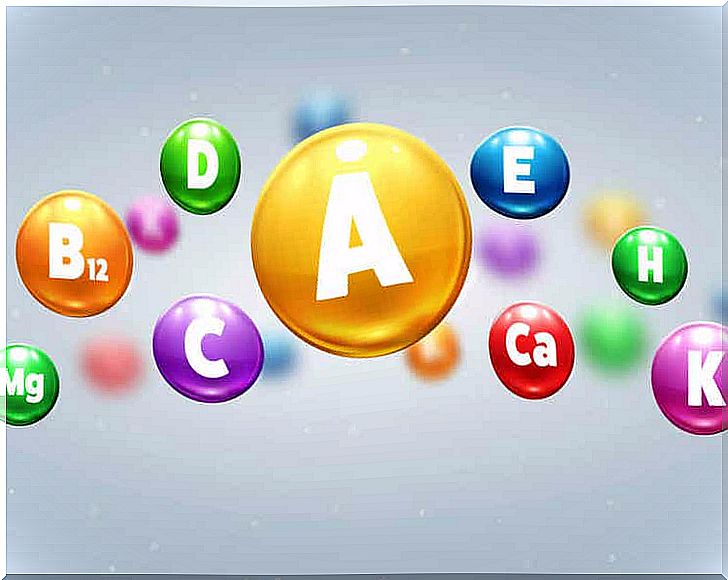
How can you follow these recommendations?
One recommendation is to divide your daily calorie intake into three main meals and two or three snacks. As we have seen above, it is of course very important to increase your energy intake. You should include healthy foods in your diet, such as:
- Healthy oils, such as extra virgin olive oil.
- Nuts.
- Fat fish.
- Fatty dairy products such as cream, butter and cheese.
- Sugary foods, such as sweets or homemade desserts, ice cream.
Dietary supplements
Sometimes you may find that your diet is not sufficient to meet your needs. If this is the case for you, supplements can be beneficial. Enriched milk, protein or carbohydrate supplementation or even artificial nutrition like enteral or parenteral nutrition may be necessary in extreme cases.
As we mentioned above, in some cases the CF gland is affected so much that it cannot produce the enzymes needed to digest or absorb fat. If the enzymes are not delivered from the outside, the fat is removed with the stool. This condition is described in more detail in the journal Gastroenterology and Hepatology.
A proper diet for the treatment of cystic fibrosis
Diet and nutrition are among some of the most important aspects of treating cystic fibrosis. An adequate diet can make the management of the disease easier as well as reduce complications. Always take anti-inflammatory foods and try to avoid those that cause an inflammatory reaction in the body.
If you have questions about your nutrition and diet, you should contact a nutritionist. They can help you plan a diet plan that suits your needs. By paying attention to diet and nutrition, you will be able to more easily live with cystic fibrosis.
